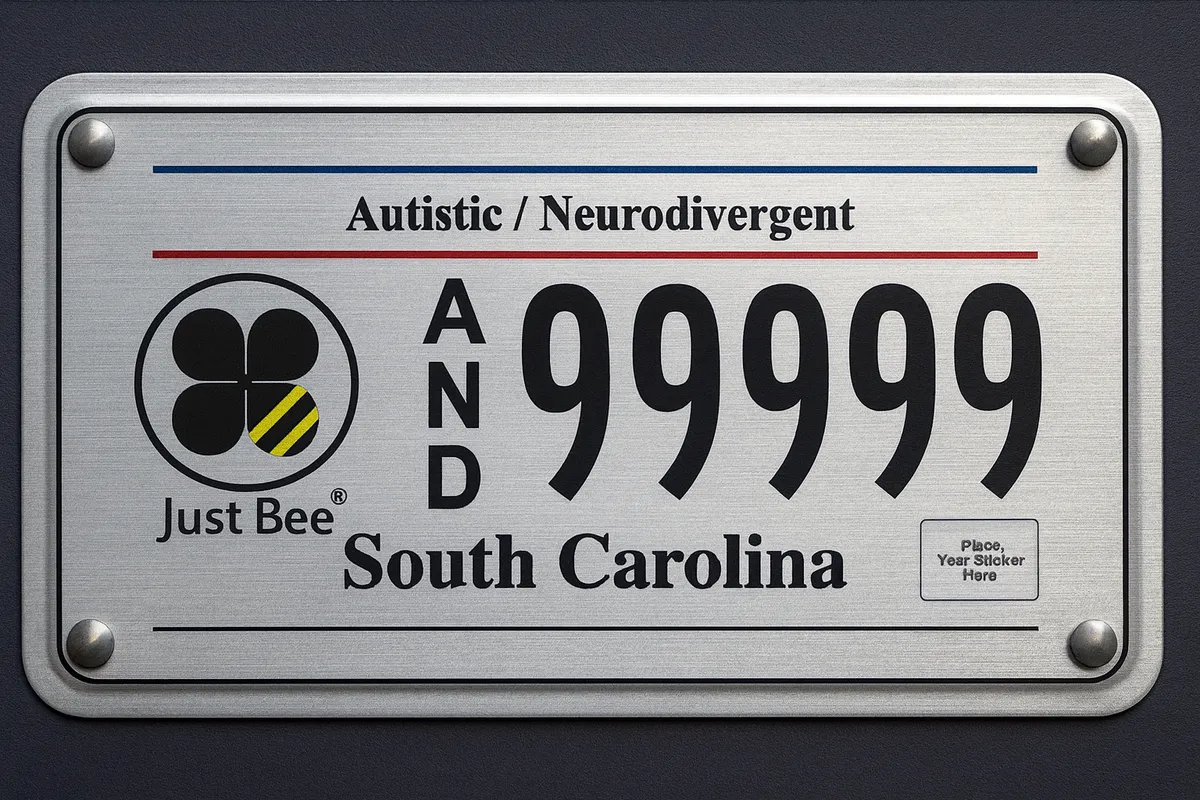Teaching Power to See Differently: The Ally Logic of Rio's Law

A Law Born on the Freeway Not every reform begins in a policy lab. Some begin on the side of a freeway, blue lights bouncing across the glass. Layla Luna was driving through Los Angeles with her autistic son Rio when a patrol car pulled her over. The siren shrieked, the lights flashed, and Rio’s world collapsed into noise. He bit her wrist so hard it left a scar she still traces. The officer, startled, didn’t know he was autistic. By the time Luna got home, the shock had turned into resolve. If the system couldn’t recognize autism, she decided, it had to learn.
Her response grew into Just Bee, a nonprofit rooted in training, awareness, and community connection. Then came Rio’s Law, passed in South Carolina in 2025, requiring all police officers, firefighters and EMS personnel to receive neurodiversity training. The law also allows an optional license plate to identify a driver or passenger as neurodivergent. It is the first of its kind in the nation. A story that began in fear has shifted to reform.
From Identification to Education
The license plate is optional, not mandatory. The true mandate is institutional: every first responder must learn how to interact safely and respectfully with neurodivergent people. It doesn’t ask autistic people to adapt. It asks power to learn.
That distinction matters. Too many so-called awareness efforts train autistic people in how to survive the system. Rio’s Law trains the system in how to stop hurting us. The difference is the difference between empathy and accountability.
Ally Work, Not Autistic Power
Rio’s Law is ally work — protective, sincere, and incomplete. Although it isn’t autistic-led and it doesn’t yet center autistic authorship, it does shift responsibility. The progress it represents is real: fewer violent misunderstandings, fewer lives lost to fear and noise. What remains is an open invitation for autistic people to shape future iterations of policy — to move from being represented to being represented by ourselves.
The Just Bee leadership roster tells that story plainly—a mix of parents, clinicians and law enforcement advisors. No autistic framing power yet. Still, the mechanism points in the right direction: from policing difference to teaching accommodation.
When Protection Becomes Prevention
There’s a quiet brilliance in reframing awareness as curriculum. Training turns empathy into policy. It takes what was once a plea — “Please understand my child” — and makes it a professional obligation. That shift matters more than any symbol on a license plate. Systems learn slowly but they do learn. And sometimes, the first step is hearing that their way of seeing is incomplete.
Rio’s Law doesn’t ask for pity. It demands preparation. It reminds the state that safety is not a favor, it’s a duty.
The Work Still Missing
For all its progress, Rio’s Law still speaks in an ally accent. It builds bridges, not ownership. The autistic community deserves to co-author the next version — one that trains not just first responders, but the institutions that train them. Because sustainable change isn’t only about learning our triggers. It’s about learning our truths.
For now, Rio’s Law stands as a protective experiment. A mother’s fear turned into the system’s education. A reminder that reform, at its best, is empathy made enforceable.
When power learns to see differently, safety stops being a privilege and starts being policy.